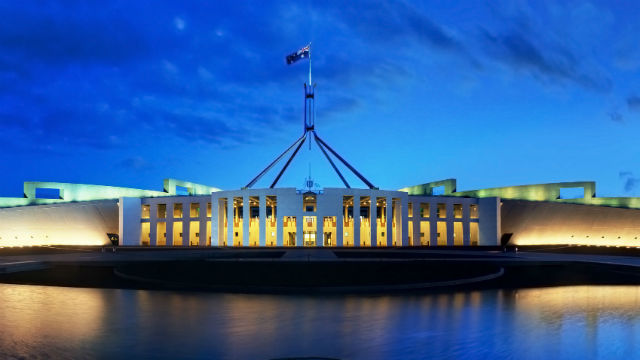
In 2008 Australians donated about $13 billion to welfare, health, education, foreign aid, and other philanthropic sectors.
Unfortunately, the government is suggesting new regulations that will limit the flexibility of charitable funds and decrease the quality and quantity of philanthropy. This would be bad policy at any time, but given the current economic situation it is especially important that we protect civil society.
The suggested policy changes affect Prescribed Private Funds (PPFs). The purpose of a PPF is to allow donors to give tax-free money into a fund, which can then distribute that money later to approved deductible gift recipients. Since 2001, more than 800 PPFs have been registered, with a total value of about $1.3 billion.
The great virtue of PPFs is that they allow donors to distribute their money at the most appropriate time in different financial years (called ‘inter-temporal shifting’), which allows for more efficient and effective distribution of donor money.
This flexibility allows donors to adjust to the changing circumstances over time. In some years there will be many deserving charities looking for funds, and able to produce good outcomes. At other times there will be fewer good projects.
For civil society to be most efficient and effective, we need the flexibility to shift money to times of the greatest need—such as during a recession or a natural disaster.
In their discussion paper on PPFs, the government proposed to introduce a compulsory minimum distribution, possibly at 15 per cent of the PPF capital amount. But there are various problems with the government’s suggested changes:
- Reducing the time flexibility of PPFs would undermine their primary benefit, which is that they allow the effective shifting of philanthropy between years. This is likely to result in lower quality and quantity of philanthropy.
- The proposed reforms would decrease the incentive and opportunity to build a ‘philanthropic brand’ and result in lower levels of giving.
- Given that more than 800 PPFs have been formed on the understanding that donors would maintain significant control over the timing of their distributions, the new regulations represent a breach of trust.
Another problem is that making the contact details of PPFs available to the public would lead to increased requests for funds and, consequently, increased administration costs—resulting in decreased incentives to start a PPF.
While there is an important role for the government and for the market, this should not come at the expense of civil society. The government is right to keep an eye on PPFs to ensure there is no fraud. But unnecessary restrictions on the flexibility of PPFs will only undermine civil society in Australia.
John Humphreys is a Research Fellow with The Centre for Independent Studies.










